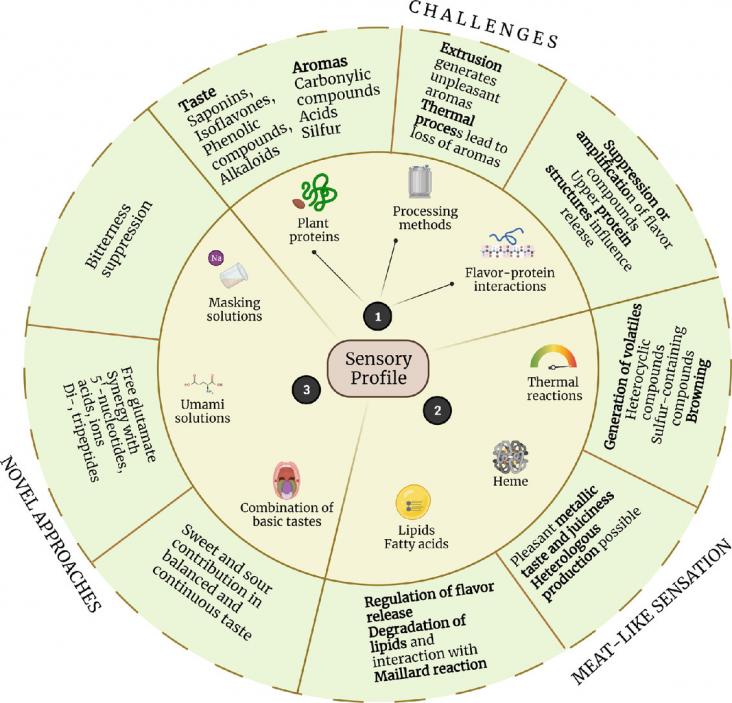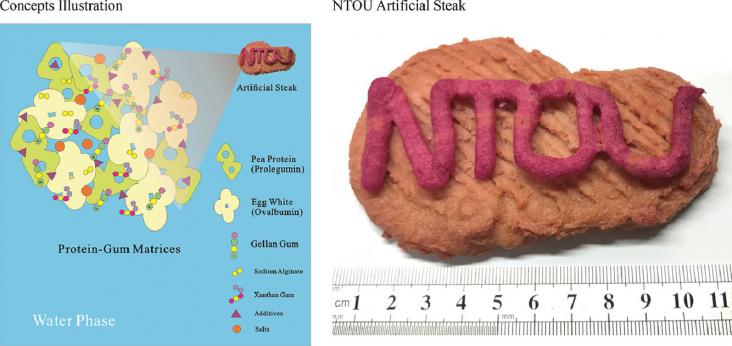RELX SDG Customer Awards aim to recognise RELX customers who share our commitment to driving action in support of the United Nations Sustainable Development Goals. Read more about the 2022 winners.
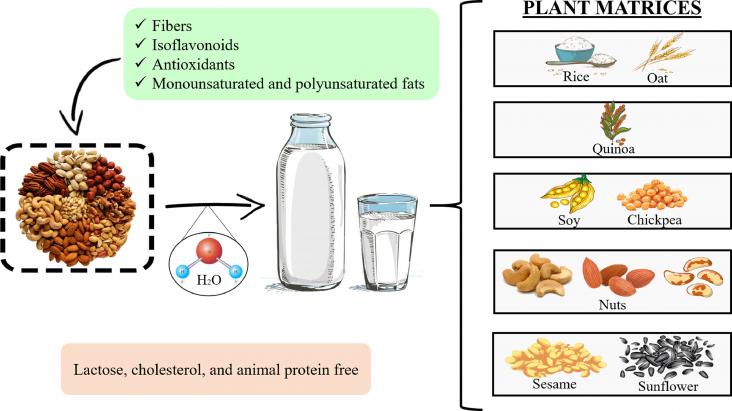
Cow's milk is considered a staple in many diets due to its high nutritional value. It contains almost every nutrient that the human body needs.
The availability of food is the basic entity for the survival of human. The resources that make a nation food secured is guided by multiple factors and can be evaluated using a set of indicators.
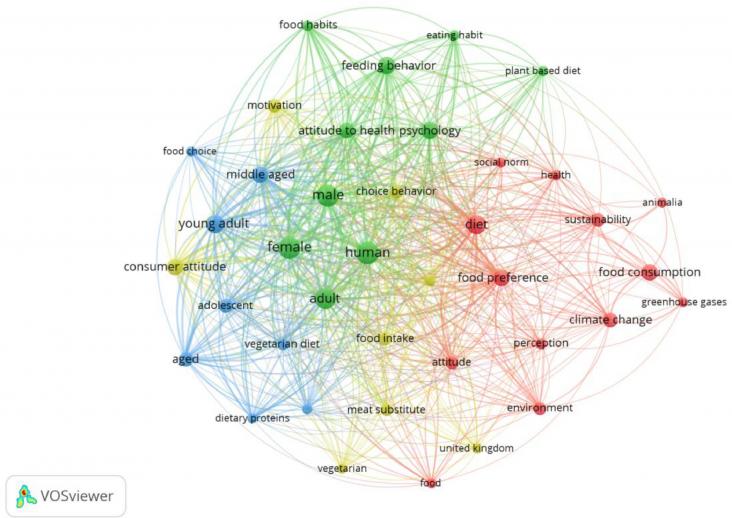
Several studies have indicated that a global reduction in meat consumption is inevitable for sustainability and public health, despite the challenges inherent to changing eating habits.
Meat induces large environmental impact while supplying important nutrients, and meat substitutes are increasingly adopted as direct replacers of meat products.
The Learning Circle approach is described as an inclusive and respectful way of engaging community and promoting local and traditional foods, knowledge, and practices among Indigenous youth in rural and remote locations. The flexibility of the model means that communities can prioritize activities of interest to them, identify what success of the initiatives would look like, and tailor evaluation processes accordingly. Indigenous leadership and ownership are essential to the success of such initiatives.
Plant-based meat substitutes are products used to replace meat in the human diet.
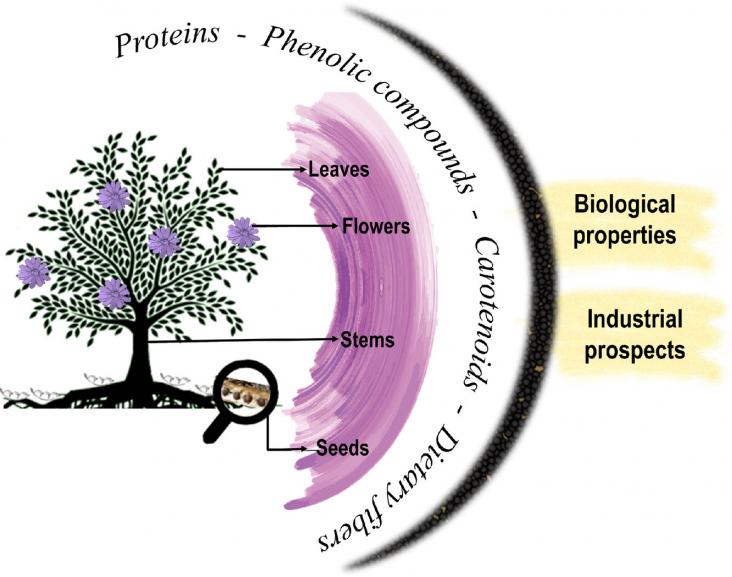
Innovative food products containing new ingredients have been designed to meet nutritional needs and new consumption trends.
